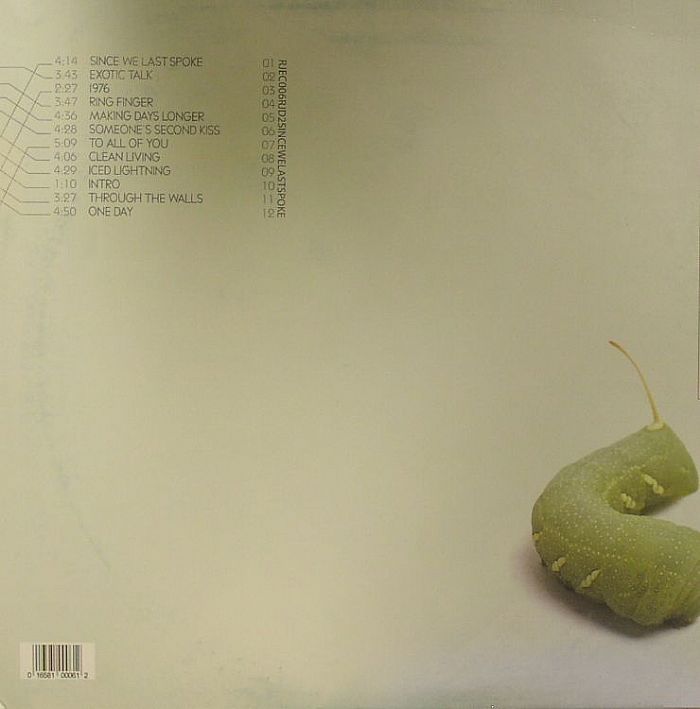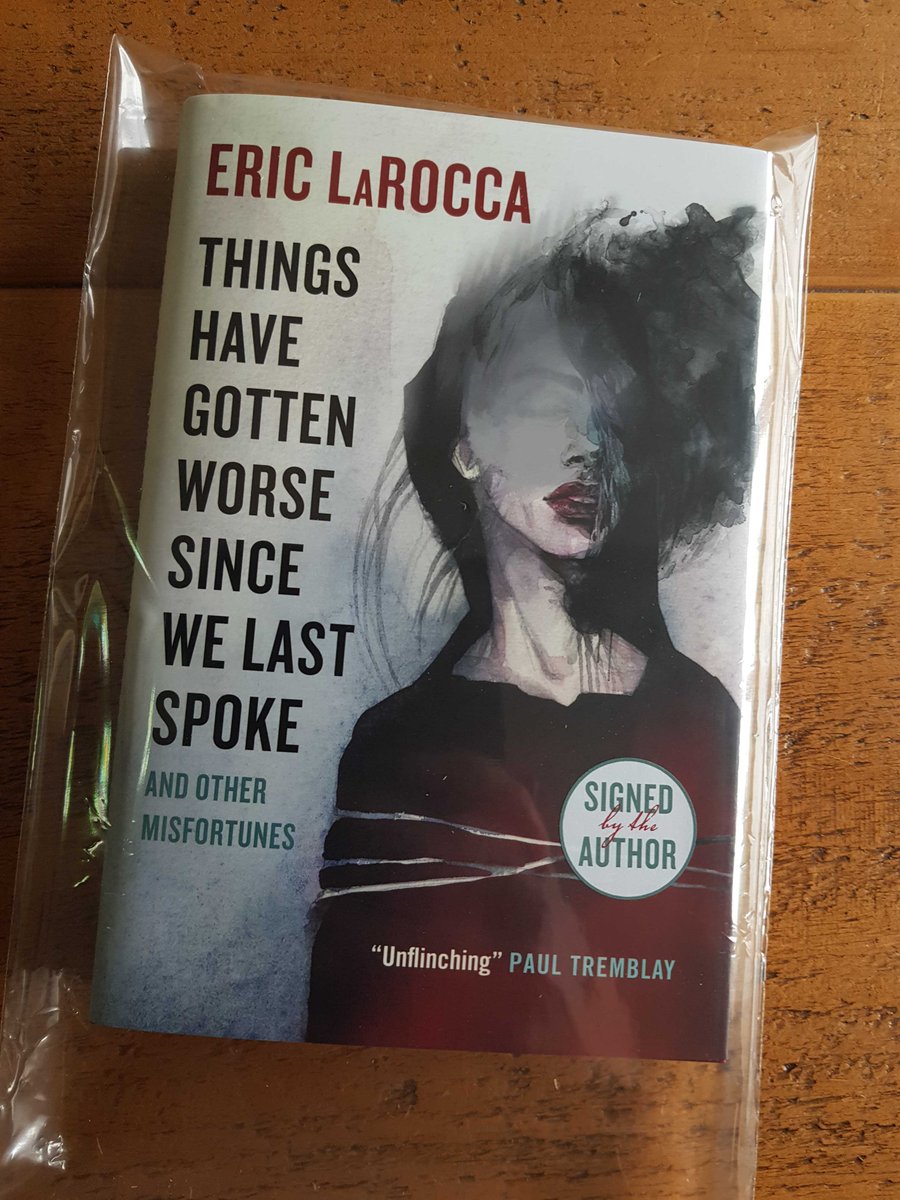

The instant messages are written in a way that showcase Agnes’ anxiety and awkwardness, while also making clear that Zoe is direct and dominant. His prose, especially in the longer email messages, is vibrant and quite poetic.

Creeping unease is apparent even before they exchange screen names and the correspondence moves to instant messaging, which LaRocca employs beautifully to convey the growth of their relationship. Regardless of any ill intent, holding someone as a savior blurs perception and opens one up to manipulation. Zoe, right from the start, has money and security to hold over Agnes. She graciously accepts and reveals to Zoe that she was nearing the end of her rope: “You plucked me right from the edge before I was about to jump … You’ve changed my life, guardian angel.”Īlready clear from these early exchanges is the power imbalance forming between the pair.

In her mother’s words, “My child isn’t gay.” Zoe sends her deepest sympathies and offers to wire money to cover Agnes’ monthly rent payments.

She shares the story of the antique it was one of the last things she received from her mother before being cut off for revealing her sexuality. From there, chemistry sparks as the two share sentiments about their grandparents and slowly get to know one another.Īgnes soon discloses to Zoe that she is selling the apple peeler to help pay bills so that she can keep her apartment. Zoe Cross responds by email to the solicitation: she wants to buy the peeler for her grandfather due to its unlikely connection to composer Charles Ives, which had been included in Agnes’ original description. It’s an ad for the sale of an antique apple peeler that belonged to her great-grandmother. What follows is the chronological correspondence between Agnes and her online girlfriend, Zoe, from the time they meet until Agnes’ untimely demise.įirst, we see a post by Agnes on an LGBTQ+ message board. Eric LaRocca’s masterful epistolary novella tells the reader immediately that Agnes Petrella is dead.


 0 kommentar(er)
0 kommentar(er)
